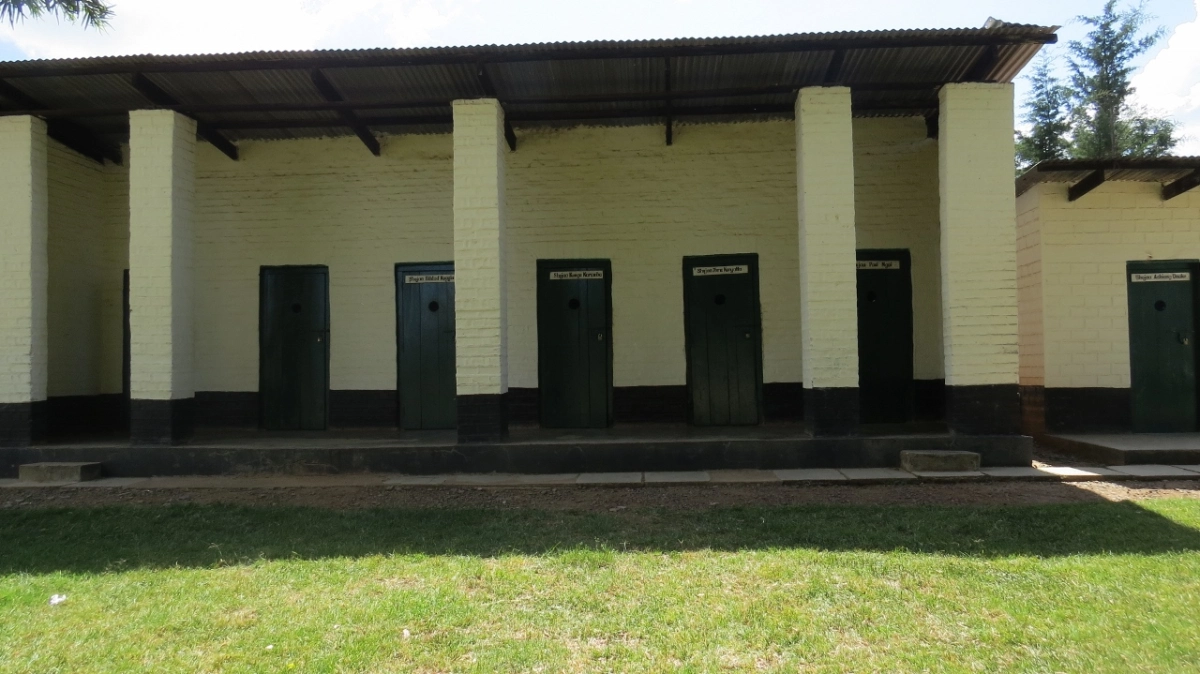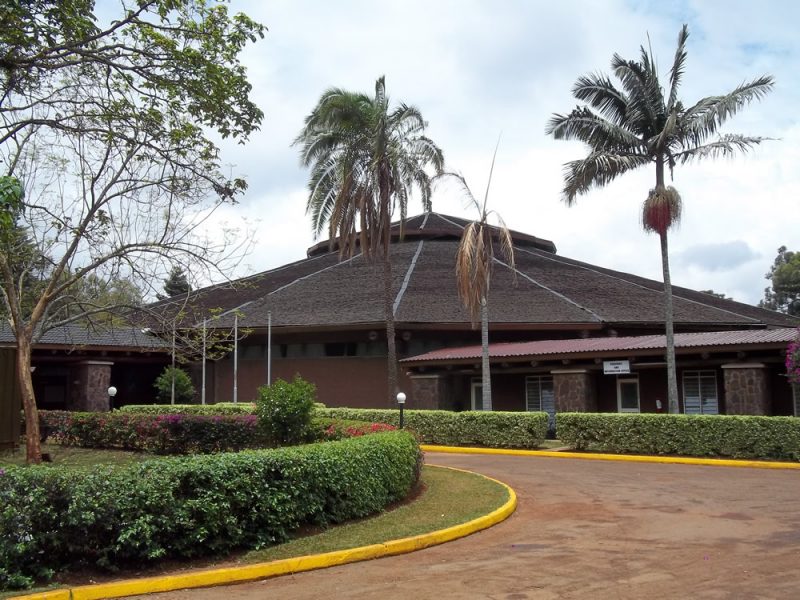The Kapenguria Museum is found off the Kitale-Lodwar Highway in West Pokot County, approximately 5 kilometers from Makutano town and right opposite to the County Assembly. The Kapenguria Museum opened its doors to the public on September 19, 1993. The Directorate of Museums, Sites, and Monuments of the National Museums of Kenya oversees the regional museum. The museum is located inside the jail where Mzee Jomo Kenyatta, Kungu Karumba, Fred Kubai, Paul Ngei, Bildad Kaggia, and Ramogi Achieng Oneko, leaders of the Kenya African Union (KAU), were held after being convicted in April 1953.
During Operation Jock Scott, a massive arrest operation carried out by the colonial authorities on the night of October 20/21, 1952, the KAU leaders and Mau Mau members were captured. The six KAU leaders—now referred to as the “Kapenguria six”—were the target of a legal case that was initiated on December 3, 1952, by deputy public prosecutor Anthony Somerhough. The defendants were accused of co-directing Mau Mau, a prohibited organization that planned to assassinate every white person living in Kenya.

The Pokot homestead, ethnographic exhibits, and cells form the museum’s core. Books and documents from a memorial library honoring all heroes who fought for Kenya’s freedom are among the museum’s exhibits. The anthropologist Mrs. Anny Mulder established the Pokot gallery, which houses artifacts and picture collections concerning the Pokot people. Cultural artifacts from the Pokot, Cherangani, and Sengwer peoples are also on display, in addition to galleries that depict Kenya’s political evolution and the year of the nation’s independence in 1963.


